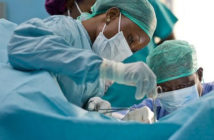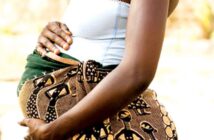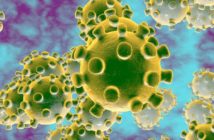The Nigerian Association of Resident Doctors (NARD) has called for concerted action by relevant agencies to train and empower healthcare workers to combat Coronavirus (Covid-19) in the country.
The association made the appeal in a statement issued on Saturday in Kaduna State branch by its state branch Publicity Secretary, Dr Stanley Egbogu.
“Even as we prevent hospital outbreak and community transmission, we must look out for the first cluster and evidence of community transmission and avoid all forms of fatal complacency.
“This deserves all the seriousness it should get and must not be politicised,’’ he said.
He expressed the association’s readiness to partner with the State and Federal Ministries of Health, NCDC and Infectious Diseases and critical care teams in hospitals to contain the case and prevent possible outbreak of (COVID-19) disease.
“Our association brings to your notice the confirmation of the first case of the COVID-19, coronavirus disease in Nigeria on Feb. 27.
“The index case is an Italian citizen who works in Nigeria and returned to Nigeria on Feb. 25 from Milan.
“He is currently being managed at the Infectious Disease Hospital, Yaba, Lagos, and this makes Nigeria the 52nd country to record COVID-19,’’ he said.
Egbogu said that although Coronavirus has a low fatality rate of two per cent, individuals who come down with the disease may succumb to the disease, if not properly managed.
He further called on relevant agencies of government across the country to ensure the provision and availability of N95 FFP3, Face masks, respirators and fit test.
“Also provide for other Personal Protective Equipment (PPE) for healthcare workers who will be treating patients with respiratory symptoms at the entry points.”
Besides, the association appealed to relevant agencies of federal government to ensure adequate screening of travelers into the country at all entry points, including airports and borders.
He also advised all healthcare workers and the public to observe the following precautionary measures:
“Avoid contact with people who are sick without adequate protection.
“Avoid touching of eyes, nose and mouth, and practice respiratory hygiene and encourage those around them to do same’’.
He also advised people to maintain distance of at least five feet from someone who has dry cough and sneezing.
“Ensure surfaces are clean and disinfected regularly with solution containing ethanol, 0.5 per cent hydrogen peroxide, 0.1 per cent sodium hypochlorite or benzalkonium chloride and chlorhexidine digluconate.
“Wash hands with soap and water or use alcohol-based hand sanitiser (62-71 per cent alcohol).
“Facemasks should be used by people with flu like symptoms of cough, fever, shortness of breath, or runny nose.’’
He advised healthcare workers caring for patients with respiratory symptoms and persons in region currently experiencing an outbreak to use the N95 FFP3 face masks.




